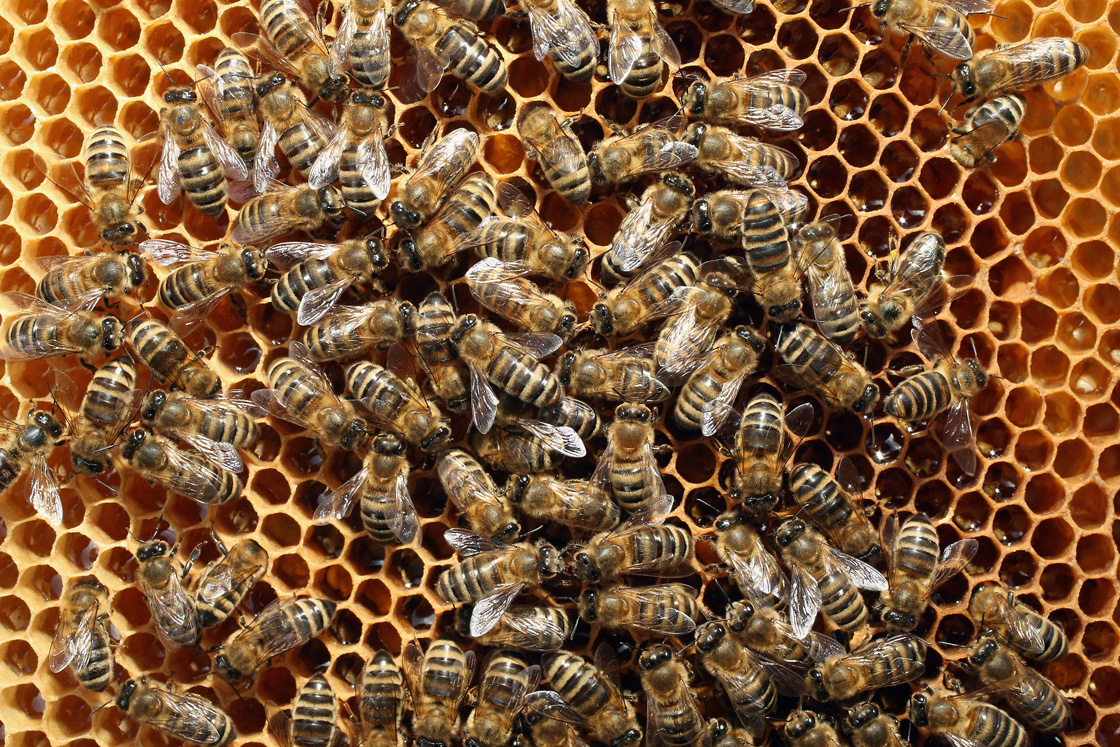In an effort to curb a worldwide declining bee population, the European Union voted on Monday to restrict the use of pesticides.

In March 2012 the journal Science published a study which found that neonicotinoids may be contributing to declining bee populations, spurring concerned groups to call for their ban. In the study, colonies of the bumble bee Bombus terrestri were exposed to levels of the pesticide normally found in fields. These bee colonies suffered an 85 per cent decline in production of new queens.
In honey bees, it is believed that the pesticide causes high mortality rates because it affects the bees’ homing abilities. Honey bees are believed to pollinate about one-third of the world’s crops.
Read: Bayer-funded study claiming pesticides safe for bees questioned by regulators
Bayer CropScience and Syngenta, producers of the pesticide, lobbied against the EU’s efforts to ban neonicotinoid, questioning the findings. Fifteen of the EU countries voted in favour of the ban — not enough for a majority. However, it went to an appeals committee, which implemented a two-year ban beginning December 1, 2013.
Read: Bees buzzing in Toronto backyards
There are similar concerns about the use of neonicotinoids in Canada. Between April and June 2012, Health Canada’s Pest Management Regulatory Agency received an alarmingly high number of reports of bee losses from across southern Ontario and parts of Quebec. The reports coincided with corn planting in the regions. Samples of bees were collected and analyzed, and residues of nitro-guanidine neonicotinoid insecticides used to treat corn seed were found in almost 70 per cent of the dead bees. Following these findings, Health Canada initiated a re-evaluation of neonicotinoids, citing collaboration with international regulatory partners.
There is currently a ban on cosmetic pesticides in Quebec, Ontario, Newfoundland and Labrador, New Brunswick, Prince Edward Island, Nova Scotia and New Brunswick.
- Trudeau says ‘good luck’ to Saskatchewan premier in carbon price spat
- Canadians more likely to eat food past best-before date. What are the risks?
- Hundreds mourn 16-year-old Halifax homicide victim: ‘The youth are feeling it’
- Vacation death: Cuba apologizes after Canadian family receives wrong remains




Comments